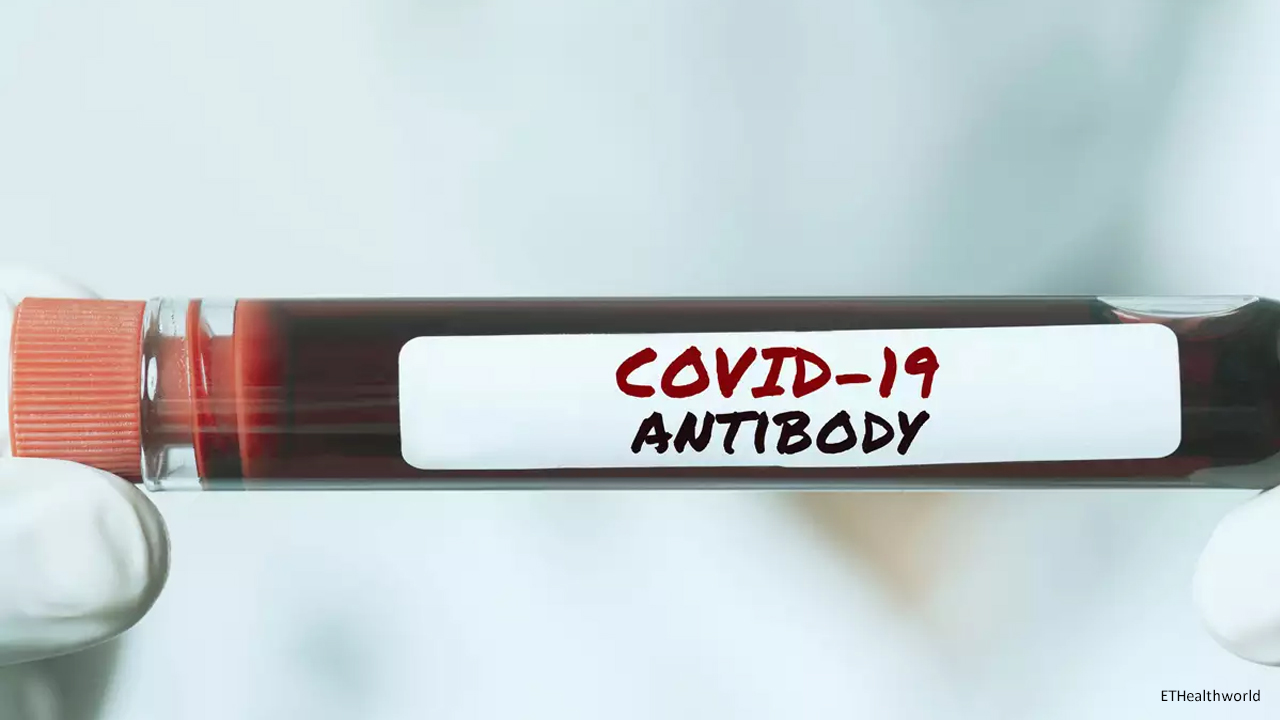There's new evidence that connects testing positive for Covid-19 antibodies from a prior infection with a significantly lower risk of becoming infected again in the future.
A study, published in the journal JAMA Internal Medicine on Wednesday, found that people who tested positive for Covid-19 antibodies were at a decreased risk of coronavirus infection compared with those who tested negative for antibodies.
"The results from the study are basically a 10-fold reduction, but I would have caveats around that. In other words, it could be an overestimate of the reduction. It could be an underestimate of the reduction," said Dr. Douglas Lowy, principal deputy director of the National Cancer Institute, who was an author of the study.
"To me, the big message is -- there's a reduction," he said. "The main takeaway is that being antibody positive after natural infection is associated with partial protection against a new infection."
Lowy added that people who have recovered from Covid-19 should still get vaccinated when it is their turn.
Uncertainty over how much protection Covid-19 antibodies offer 02:59
The researchers -- from the National Cancer Institute and the companies LabCorp, Quest Diagnostics, Aetion Inc. and HealthVerity -- examined data on more than 3.2 million people in the United States who had completed a Covid-19 antibody test last year between January and August. Among those tested, 11.6% tested positive for Covid-19 antibodies and 88.3% tested negative.
In follow-up data, the researchers found that only 0.3% of those who tested positive for Covid-19 antibodies ended up testing positive for coronavirus infection later, beyond 90 days. Whereas, 3% of those with negative Covid-19 antibody test results were later diagnosed with coronavirus infection during that same time period.
Overall, the study is observational and it suggests there is an association between positive Covid-19 antibody test results and a lower risk of infection some 90 days later -- but more research is needed to determine a causal relationship and for how long protection from antibodies may last.
Lowy said that more research is also needed to determine the risk of reinfection from one of the emerging coronavirus variants.
"Now that there are these variants of concern, what are the implications there? The short answer is we don't know," Lowy said. He also emphasized that people who have tested positive for antibodies should still get vaccinated against Covid-19.
It's already known that most patients who recover from Covid-19 have antibodies and reinfection appears to be rare so far -- but it is still unclear for "how long antibody protection will last because of natural infection," Dr. Mitchell Katz of the NYC Health + Hospitals health care system wrote in an editorial that published alongside the new study in JAMA Internal Medicine.
"For this reason, vaccination against SARS-CoV-2 is recommended regardless of antibody status," Katz wrote. SARS-CoV-2 is the name of the coronavirus that causes Covid-19.
"How long the antibody protection provided by vaccines will last is also unknown," he wrote. "To know how long protection will last with antibodies because of natural infection or vaccination is something only time will tell."

 Study shows antibodies offer protection from coronavirus
Study shows antibodies offer protection from coronavirus 


































